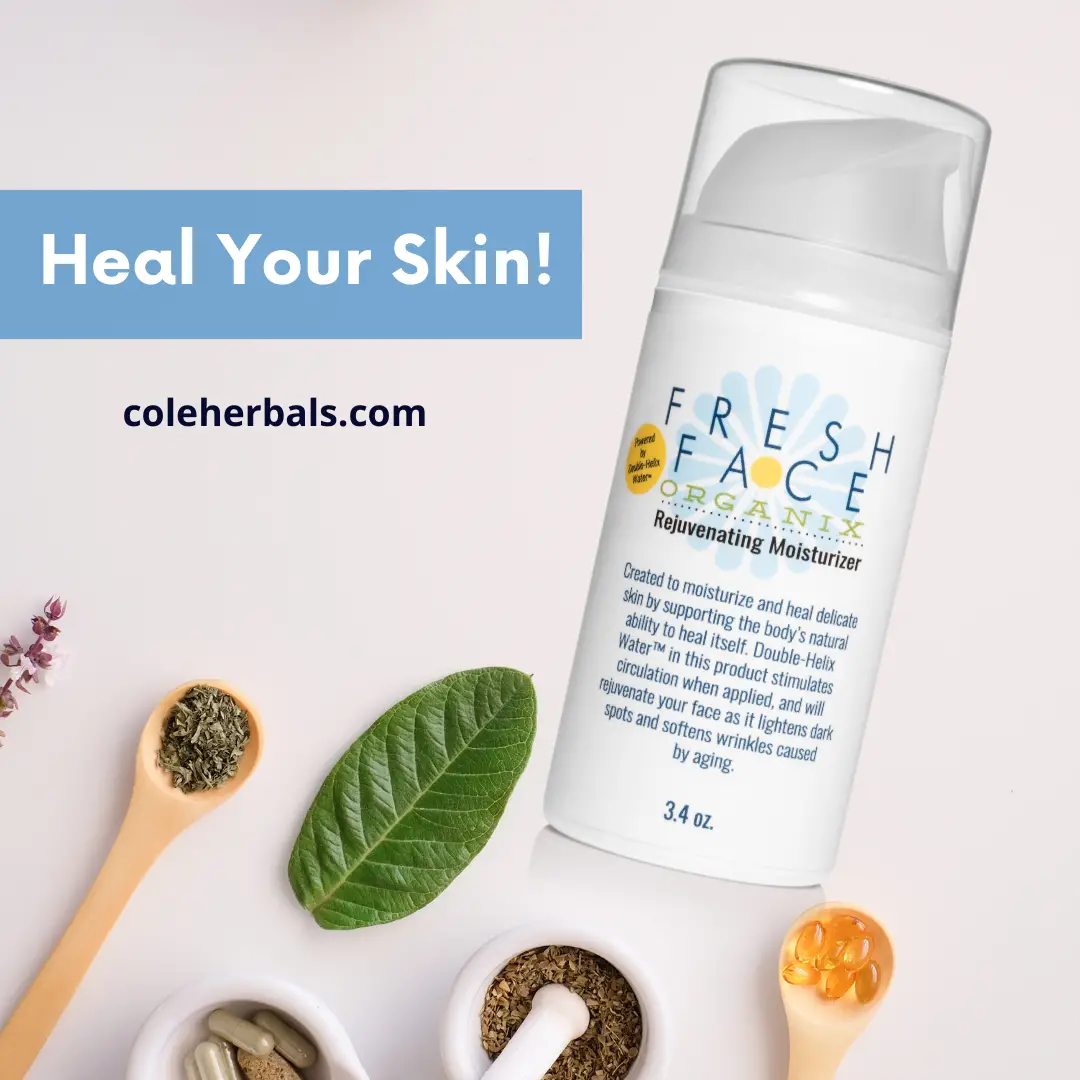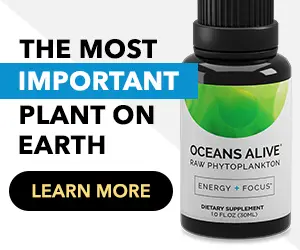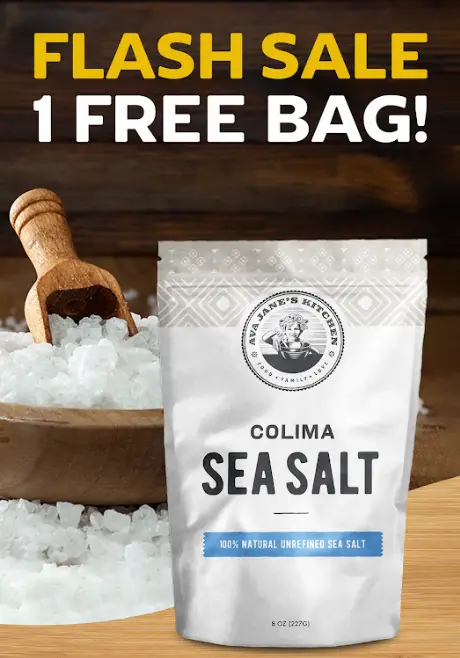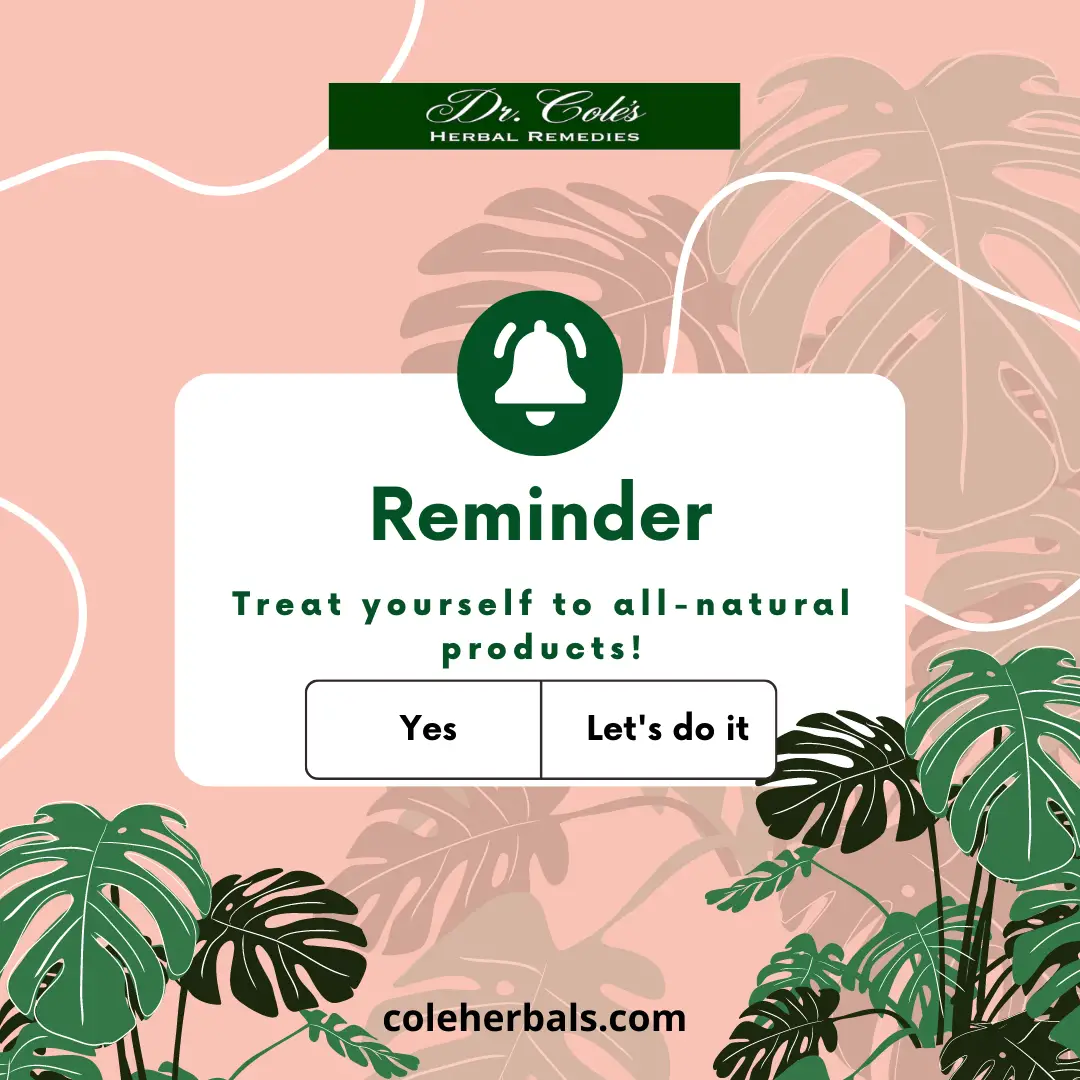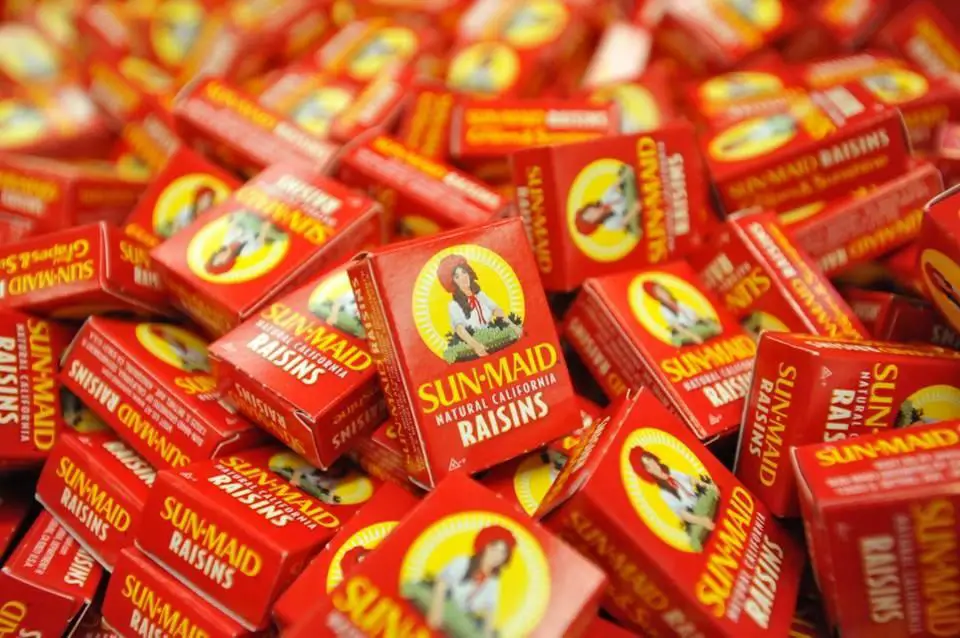
The world of healthy food is an exciting one, but it can also be fraught with pitfalls, especially in the case of United States grown produce and packaged foods, where genetically modified foods are the norm and toxic, synthetic pesticide use has risen dramatically in recent decades.
In order to inform consumers on the dangers of some of the most toxic foods available on grocery stores today, the Environmental Working Group (EWG) releases its popular ‘Clean Fifteen’ and ‘Dirty Dozen’ lists each year, highlighting the foods that consumers should choose and/or avoid if they don’t always have the ability to buy 100% organic.
While this year’s list has come and gone with relatively little fanfare due to the financial and food crunch brought on by the coronavirus situation, there’s one piece of information that appears to have slipped the public consciousness in 2020: the presence of highly toxic, synthetic pesticides on one of the country’s favorite children’s snacks, non-organic raisins.
Non-Organic Raisins Test Positive for High Levels of Pesticides
According to this year’s list, the top five pesticide-soaked fruits and vegetables to avoid are the usual suspects: non-organic strawberries, spinach, kale, nectarines and apples, the latter of which are banned through the European Union because of the presence of toxic pesticides that are not allowed overseas.
As potentially toxic as these foods are, non-organic raisins have them all beat, according to a press release from the EWG on this year’ s Dirty Dozen.
“If we included raisins in our calculations, they would be number one on the Dirty Dozen,” said EWG Toxicologist Thomas Galligan, Ph.D, according to the release.
“Although raisins are a popular snack, consumers concerned about their pesticide consumption may want to consider buying fresh or frozen produce from our Clean Fifteen list instead.”
The press release stated that “almost every sample of non-organic raisins tested by the USDA – 99 percent – had residues of at least two pesticides, as did 91 percent of organic raisins.”
Raisins were included in this year’ Shopper’s Guide after the USDA tested them for the first time since 2007.
Making the information even more crucial is the immense popularity of these pesticide-laced snacks, especially among developing bodies and minds: children under the age consume a total of about 208 million pounds of raisins each year, according to Zion Market Research.
This accounts for half of all raisin consumption in the U.S.
Less than two-thirds of raisins are eaten as ingredients in other foods, market research shows, while the rest are eaten as stand-alone snacks.
Despite the widespread popularity of non-organic raisins, the EWG has found that consumers prefer organic raisins whenever possible.
For those looking for a healthier alternative, the EWG recommends buying organic prunes, which USDA tests showed had much lower pesticide residues than either conventional or organic raisins.
Among the pesticides found on both organic and non-organic raisins were chlorpyrifos, an insecticide that can harm the brain and nervous system in children at even low levels, the EWG said. This pesticide was detected on 34 out of 670 samples of conventional raisins, and 5 out of 86 samples of organic raisins.
The state of California recently banned all uses of chlorpyrifos because of the immense risks it poses to both children and farmworkers.
For more information, check out the full press release by clicking on this link.
Editor’s note: This information was first released by the EWG in 2020 and still appears on the 2021 Dirty Dozen and Clean Fifteen website.
Thanks for installing the Bottom of every post plugin by Corey Salzano. Contact me if you need custom WordPress plugins or website design.




